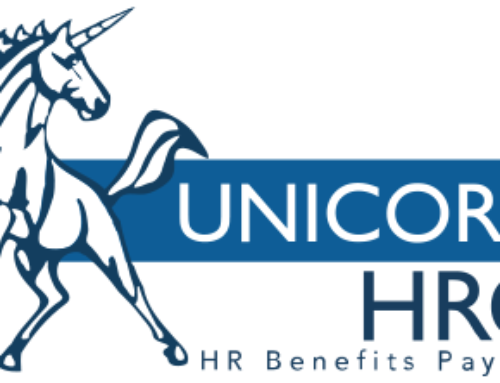Keeping up-to-date with the latest trends is important so HR staff can be successful in any HR department. However, HR staff also need to know how to turn their knowledge of these trends into action and understand how to develop their skillset in a way that meets the changing needs of their organization. Below are some ways that HR staff can continue to develop their skills and stay current with today’s trends in HR, while contributing to their companies’ success.
Assessing Gathered Knowledge
HR staffs need to look at what they have learned in their careers, examining what skills they have, where their competencies lay, and identify any weaknesses or skill deficits. This analysis should include identifying which areas they are the strongest in, as well as those they are looking to improve. This is especially useful considering that many businesses conduct appraisals relating to individual performance every year. HR staffs need to show their organization not only what they know, but also how they have used this information and applied their knowledge to real work-life situations. This assessment includes illustrating how knowledge has been put into action, the outcomes of actions taken, and how these actions have benefited their company.
Utilizing Your Skillset
Using HR related skills are important, but HR professionals also need to consider utilizing the skills they have acquired via any non-related HR jobs they may have had in the past. Using these transferable skills can provide HR staff with new and different ways to approach problems more effectively. Having a unique skillset, applying it well to HR related tasks ,and being adaptable to meet the evolving trends within HR, can make an HR professional stand out. Transferable skills which are well applied within their current role are a good way for HR staff to be a top contender for leadership positions within the department.
Consider Certification Through Education
More and more, HR professionals have found that considerable emphasis has been put on certification. This shows that that they not only have the necessary knowledge, but have also obtained it in a formal educational setting. Consequently, HR staff might want to consider getting certified via an educational institution if they have not already done so. Formal certification helps HR staff to develop a better understanding of HR’s role in businesses and non-profit organizations, and provides proof of expertise in their professional field. Certifications often expose HR staff to information on the newest trends in HR and provides staff with up to date knowledge and skills. Certifications encourage HR staff to develop research skills and to stay up to date on new and emerging trends in HR long after their certification has been completed. For HR professionals who are considering moving into different positions or organizations, certifications help to show employers that the HR professional has achieved industry-recognized standards.
Setting Realistic And Attainable Goals
To further their career, it is important the HR staff can identify new skills that are needed in their industry and set realistic and attainable goals. In doing so, staff can utilize goal setting devices such as S.M.A.R.T. (Specific, Measurable, Actionable, Responsible, Time-bound). This can allow staff to think analytically about the skills which will most benefit themselves and their organization, in addition to honing new skills and creating new opportunities for professional development. For example, one such skill that is important to have in today’s business world is knowledge of new technology such as social media platforms. It is important that HR staff remain marketable in their industry by developing knowledge of platforms that more and more companies are using.
Knowing what the latest trends are is one thing, but HR staff need to know how to apply this knowledge in their day-to-day business. By turning knowledge into action, they can create new opportunities for their company as well as for themselves.

